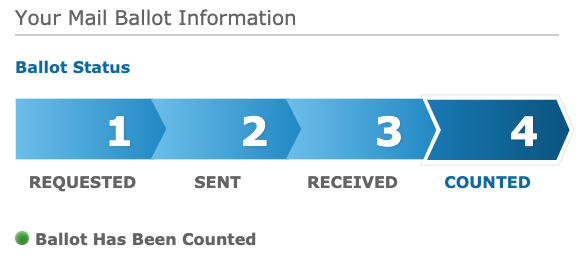Social Media Killing TV News

An Oxford University Reuters Institute for the Study of Journalism research finds that when it comes to news, young people prefer social media over TV.
The report found that 28 percent of adults aged 18 to 24 use social media as their main source of news, compared to 24 percent for TV.
This is the first time social media has overtaken TV in the Reuters Institute’s report history, which has been conducted yearly since 2011.
About half or 44 percent say they used Facebook for news. The runner-up was YouTube, at only 19 percent.
